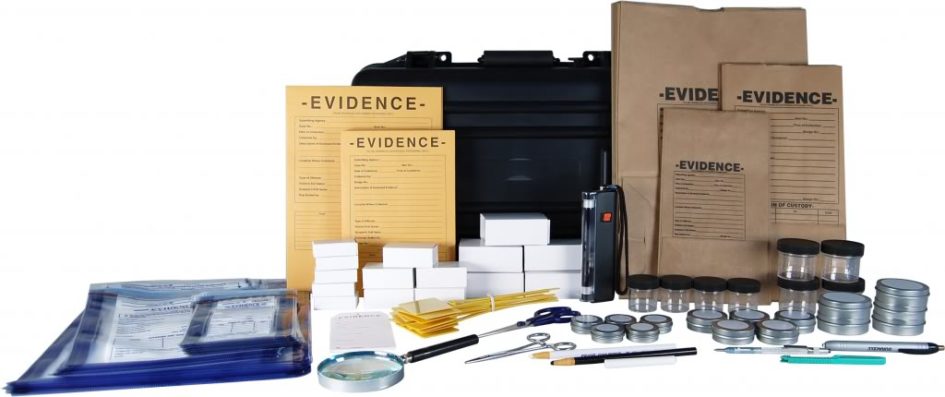J.Edgar Hoover ,the first FBI director said that his previous profession as a librarian gave him inspiration to collect evidence to see the crime committed in its entirety.
“This job …trained me in the value of collating material. It gave me an excellent foundation for my work in the FBI where it has been necessary to collate information and evidence.”
Evidence-the available body of facts or information indicating whether a belief or proposition is true or valid.
It is the one thing that makes or breaks a case, puts someone behind bars without any reasonable doubt.
With forensic sciences growing leaps and bounds there is no such thing as the “perfect crime”. Yet, cases like Aarushi’s remain unsolved, with two different opposing viewpoints on who the culprit is.
The first most obvious mistake here would be that the most basic procedures weren’t followed.The police didn’t cordon off the crime scene; quite contrarily it gave permission to the relatives to clean up.The lack of the servant’s body wasn’t met with an urgency that it should have created because they were too distracted by the P.M.s impending arrival.For some reason, the police impeded the investigation more than it solved it.You might say hindsight’s 20/20, and argue that the police have to deal with too much as it is. Is there a problem with the structure and functioning of the executive body?
The disease diagnostic procedure is another valid example of evidence collection and collation.Most hospitals in developed countries have progressed from using charts to tablets and other hand-held devices to manage booking operating rooms, schedules and other bureaucratic stuff because it is just more organized.What’s even more interesting is that there is an app that systematically provides questions that the doctor should ask the patient on his first visit in order to better augment the already provided information and provide better health-care. Disease diagnosis too is an investigative procedure. There will be patients who lie or withhold information and it is the Doctor’s duty to understand the symptoms of the disease, it’s incubation period and make assumptions on how the disease might progress and prescribe medicines in accordance to it. Sometimes under extenuating circumstances the doctor might not think of everything i.e. to check if you are allergic to any particular medicine which might lead to disastrous situations.It is with this in mind that they have come up with this system that lets human error be counteracted by fail-proof procedures.We can only hope that something like this is implemented for evidence collection procedures in India.
If procedures were followed properly in Aarushi’s case perhaps it could have been solved, but that is only one case of the many that are still undergoing trial because evidence wasn’t collected or was conveniently “misplaced”.
I can only hope that one day the executive and legislative systems of our country be free from human error, that our documents will no longer involve paper and there be complete transparency and co-operation between the different bodies in the government.



Leave a Reply